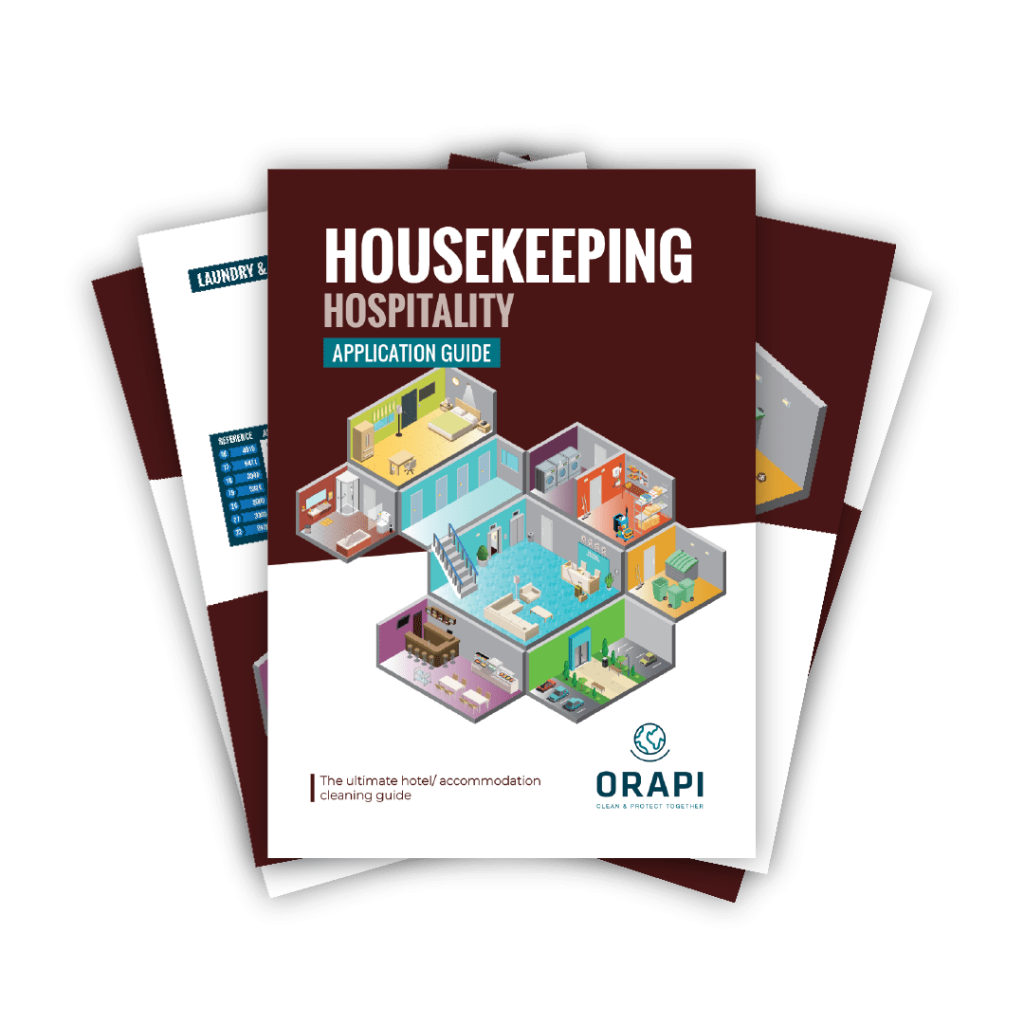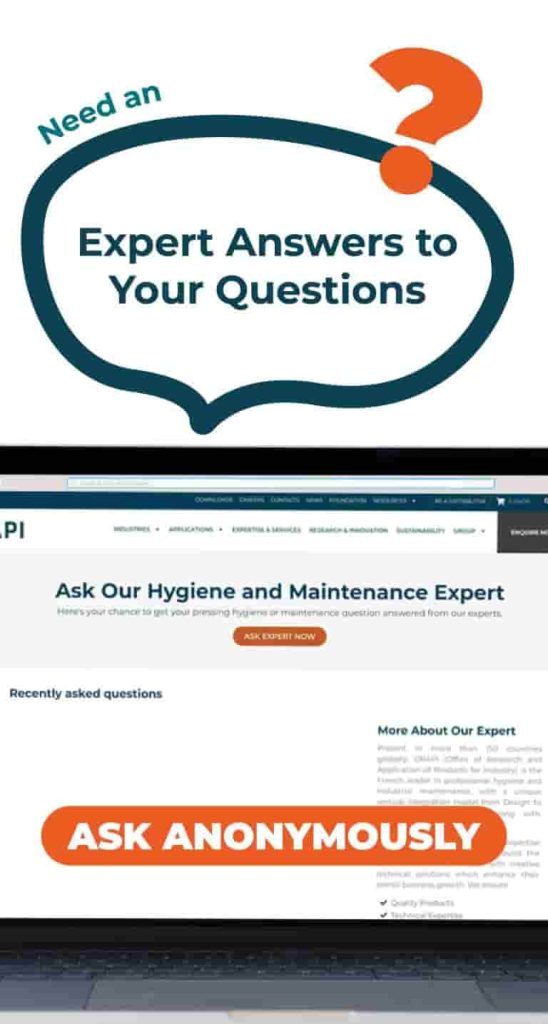
The slower season in the hospitality industry offers a valuable opportunity for housekeeping teams to implement effective housekeeping strategies for slow seasons, shifting focus from the fast-paced demands of daily tasks to meaningful improvements. By prioritizing deep cleaning, cross-training, upskilling, and self-care, staff can enhance operational efficiency, elevate guest satisfaction, and foster personal growth. Embracing this period proactively ensures both immediate and long-term benefits, creating a stronger, more adaptable team ready to excel when the busy season returns.
Embrace the Opportunity of a Slower Season

The slower season provides a unique chance for housekeeping staff to focus on quality over quantity. Instead of hurrying through daily tasks, take advantage of the reduced workload to address detailed cleaning and upkeep projects often sidelined during busier times.
Deep-clean rooms and shared spaces, organize storage areas, polish mirrors, and tackle tasks like carpet shampooing that elevate the hotel’s presentation. These efforts not only enhance the guest experience by creating a spotless and inviting environment but also contribute to the longevity of the hotel’s furnishings and fixtures, saving costs over time.
Viewing the slower season as an opportunity to refresh rather than a time to relax can make a significant impact. By embracing the slower pace and taking pride in meticulous work, housekeeping teams help ensure guests leave with a lasting positive impression of their stay.
Cross-Train and Upskill

Cross-Train
During the slower season in the hotel industry, housekeeping staff can focus on personal and professional growth through housekeeping strategies for slow seasons, such as cross-training and upskilling. Instead of viewing this downtime as merely a break or an opportunity to tackle additional non-work tasks, it’s a chance to enhance skills and broaden expertise through cross-training and upskilling.
Cross-Training involves learning tasks beyond primary housekeeping responsibilities, such as operating laundry equipment, assisting at the front desk, or handling guest service inquiries. The benefits are numerous:
- Increased Versatility: Expanding skill sets allows staff to adapt to the hotel’s shifting needs, making them indispensable team members.
- Enhanced Team Collaboration: Sharing knowledge and supporting colleagues through cross-training fosters teamwork and boosts overall productivity.
- Career Growth: Developing new competencies showcases initiative and positions staff for promotions and higher-paying roles.
By embracing cross-training and upskilling, housekeeping staff can not only strengthen their professional value but also build confidence and open doors to advancement within the industry. The slower season isn’t just a pause—it’s an opportunity to invest in future success.
Upskill
Upskilling focuses on building on existing knowledge and abilities to achieve greater expertise. For housekeeping staff, this might include learning about sustainable practices, refining cleaning techniques, or enhancing customer service skills. The advantages of upskilling are significant:
- Enhanced Expertise: Deepening their knowledge allows housekeeping staff to perform their duties with greater proficiency and confidence, resulting in superior work quality and heightened guest satisfaction.
- Professional Recognition: Demonstrating a commitment to growth can lead to industry certifications and recognition, boosting credibility and increasing marketability to future employers.
- Personal Development: Upskilling encourages learning and personal achievement, fostering motivation, job satisfaction, and a sense of accomplishment.
The slower season is an ideal time for housekeeping teams to focus on cross-training and upskilling. Investing in these areas not only enhances their current roles but also prepares them for future career advancements, making them more adaptable and valuable within the hospitality industry. Proactive growth ensures long-term success for both individuals and the hotel.
Network and Connect: Building Bridges

The slower season is a perfect opportunity for housekeeping staff to strengthen relationships, share knowledge, and foster camaraderie—opportunities often limited by the fast pace of busier times. Networking during this period can yield several significant benefits:
- Building Relationships: Use this time to connect with colleagues and establish a sense of community and shared purpose. Stronger bonds enhance teamwork, collaboration, and create a more supportive work environment.
- Exchanging Knowledge: Sharing tips, best practices, and insights with peers helps everyone improve their skills and efficiency. This collective learning leads to better cleaning techniques, higher service standards, and greater job satisfaction.
- Staying Informed: Networking provides access to industry trends, technological advancements, and emerging practices. Engaging with professionals from different departments or hotels offers valuable insights that can refine work practices and drive professional growth.
- Unlocking Opportunities: Building connections with managers, supervisors, and industry experts can open doors to new career paths, promotions, or specialized roles within the hospitality sector.
Effective Networking Strategies
The slower season is an excellent time to focus on building connections and expanding professional networks. Here are some practical strategies for effective networking:
- Attend Industry Events: Participate in conferences, workshops, or seminars related to hospitality. These gatherings provide a platform to meet professionals from diverse backgrounds and stay informed about emerging industry trends.
- Join Professional Organizations: Become a member of hospitality associations or online networking groups. These memberships offer access to valuable resources, industry events, and connections with like-minded professionals.
- Connect with Colleagues: Use downtime to engage with coworkers during breaks, staff meetings, or social gatherings. Sharing experiences and exchanging ideas fosters stronger relationships and teamwork.
- Seek Mentorship: Identify seasoned professionals in the hotel industry who can offer guidance and advice. A mentor can help navigate career paths, set goals, and refine skills.
- Leverage Social Media: Platforms like LinkedIn are invaluable for connecting with industry professionals, showcasing expertise, and staying updated on hospitality news and trends.
By prioritizing networking during the slower season, housekeeping staff can build meaningful relationships, gain valuable insights, and uncover new opportunities. These connections not only enhance their current roles but also contribute to long-term success in the hospitality industry.
Enhance Guest Satisfaction and Efficiency

Many people assume that the low season means no profit for the hospitality industry. While numerous sources suggest ways to increase occupancy during this time through various measures, few highlight the importance of adjusting housekeeping strategies to achieve the same goal. Implementing housekeeping strategies for slow seasons during downtime can significantly improve guest satisfaction metrics such as GSS (Guest Satisfaction Surveys) or SALT (Service and Loyalty Tracking). Often, these insights point to areas where staffing challenges or workload imbalances affect service quality. By leveraging the downtime strategically, hotels can improve both employee and guest experiences in lasting ways.
Re-Training and Brand Standards Refresh
Use this period to provide targeted training and reinforcement of brand standards.
- Engage Room Attendants: Revisit key practices and standards to ensure consistency and excellence in service delivery.
- Enhance Skills: Introduce advanced techniques or updates in procedures, giving staff tools to better handle guest needs.
- Boost Morale: Training sessions can also include team-building activities to keep employees motivated and invested in their roles.
Focusing on these areas not only improves service quality but also enhances the overall employee experience, contributing to higher satisfaction and retention rates.
Leveraging Technology to Bridge Departments:
The slower season offers a valuable opportunity to evaluate and integrate technology that improves coordination between housekeeping and engineering teams.
- Strengthen Collaboration: Implement tools that facilitate real-time communication between departments, ensuring quick responses to maintenance needs.
- Support Preventative Maintenance: Streamline reporting and tracking systems to prioritize preventative maintenance tasks. By addressing issues before they escalate, hotels can maintain high standards and avoid guest complaints.
- Increase Efficiency: Automated solutions, such as task management apps, can help allocate resources more effectively and reduce downtime.
Long-Term Benefits
Investing in training and technology during slower periods ensures smoother operations, better guest experiences, and improved teamwork. These proactive measures position the hotel to excel when the busy season returns, fostering a culture of excellence that resonates with both staff and guests.
By aligning employee engagement with operational improvements, hotels can enhance guest satisfaction metrics while building a more cohesive and productive team environment.
Prioritize Self-Care During the Slow Season

Amid the slower pace of the off-season, it’s essential for housekeeping staff to dedicate time to self-care. While this period offers opportunities for tackling tasks and pursuing professional growth, personal well-being should remain a top priority.
Self-care is not a luxury but a necessity, especially given the physical and mental demands of housekeeping. The slower season provides a chance to recharge and address the toll of a busy workload, ensuring you’re prepared to return to peak performance when the busy season resumes.
Practical Self-Care Strategies
- Stay Active: Regular exercise boosts energy, reduces stress, and supports overall health.
- Practice Mindfulness: Techniques like meditation or yoga can improve focus, reduce anxiety, and promote relaxation.
- Engage in Hobbies: Spending time on activities you enjoy helps refresh your mind and nurture creativity.
- Connect Socially: Strengthening relationships with friends and family fosters emotional well-being.
- Prioritize Rest: Ensuring adequate sleep is vital for restoring energy and maintaining productivity.
“Housekeeping strategies for slow seasons” not only measures that focus on operational tasks but also those that encourage personal well-being. This includes making time for self-care practices, which are essential for maintaining the physical and mental health of housekeeping staff during this less demanding period.
Additional Tips for Thriving During the Slow Season

Preparing for the slower season in the hospitality industry ensures that housekeeping teams stay productive, positive, and ready for what’s next. Here are some practical tips:
- Organize Your Tasks: Create a detailed list of projects to tackle during the slow season. This helps you stay focused and ensures all necessary work, such as deep cleaning or maintenance, gets done.
- Discuss Staffing Needs: Communicate openly with your manager about potential adjustments, like reduced hours or alternative responsibilities, to align with the hotel’s needs during this period.
- Stay Positive and Proactive: View the slower season as an opportunity to enhance your skills, contribute creatively, and make improvements that will benefit the hotel in the long run.
Remember, the slower season is temporary. When the busy season returns, you’ll be prepared to meet its demands with energy and efficiency.
Stay Informed and Up-to-Date
Housekeeping staff should use the slower period to stay current with industry trends and advancements. Consider:
- Reading trade publications
- Attending webinars
- Taking online courses on the latest technologies and best practices
By staying informed, you ensure that your service continues to meet—and exceed—guest expectations.
A Note of Gratitude
To all housekeeping staff, your dedication and hard work are invaluable. Thank you for your commitment to creating exceptional guest experiences!
What’s Your Approach?
What do you focus on during the slow season—deep cleaning, carpet shampooing, reduced hours? Share your strategies in the comments!
Conclusion
The slower season in hospitality is a golden opportunity for housekeeping teams to refocus and recharge. By prioritizing deep cleaning, professional development, and self-care, staff can enhance operational efficiency, foster teamwork, and elevate guest satisfaction. This proactive approach ensures both immediate improvements and long-term success, preparing teams to excel when demand surges. Embracing housekeeping strategies for slow seasons can enable housekeeping teams to refocus and recharge, ensuring they are prepared to excel when demand surges.












